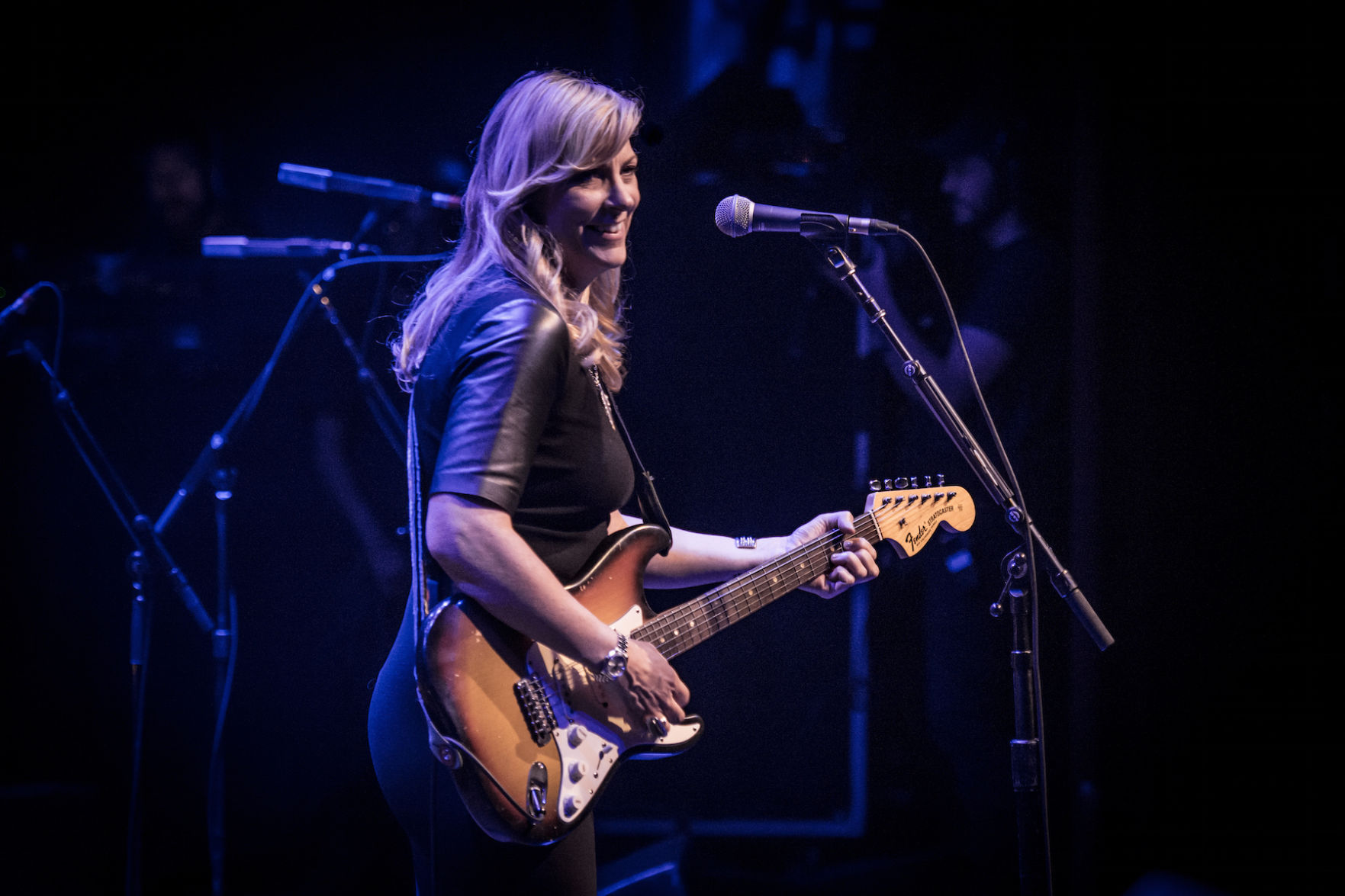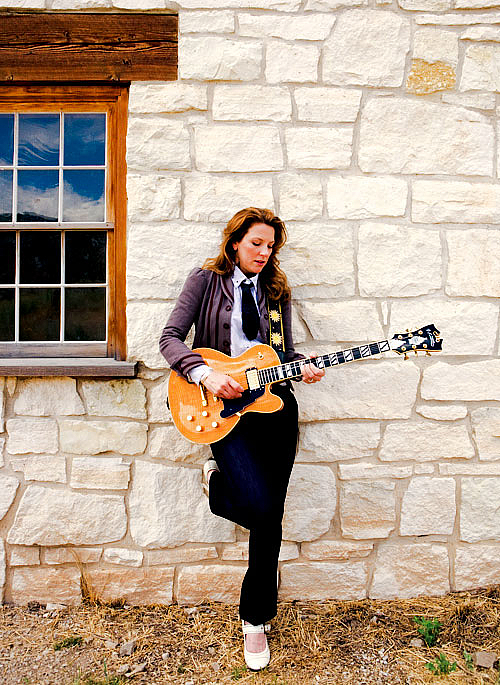
In both cases, there was a lot of wine drinking to cope with the separation.” We were as isolated as Layla locked away in the tower. As I read the poem, a lot of it seemed very similar to the lockdown. It helped that Mike had sent his own synopsis with his dark, comic comments. We all accepted, because we had to do something to stop us from going out of our minds. “Mike, our resident historian, threw out the idea that the writing core of the band should read the poem and see what happens,” Trucks recalls.

Early on during that enforced isolation, the group’s male singer Mike Mattison sent his bandmates an email suggesting that they all read Ganjavi’s original poem. That was the pandemic, and suddenly a voluntary short hiatus had become an involuntary, long-term lockdown. Then, a few weeks into that time off, the bottom of the world fell out.” I didn’t want to just keep banging down the road as if nothing had happened. You can’t change that many musicians and not change the band. Kofi had passed Gabe had come in on keys, and we had a whole new rhythm section. “We had planned on taking a break in March and April of 2020,” Trucks explains, “because we needed a chance to reset after we’d been going full-blast for so long.

Between their solo bands and their joint project, Tedeschi and Trucks had been touring almost nonstop for more than 20 years. Bassist Tim Lefebvre had left the year before the band’s longtime keyboardist Kofi Burbridge had died from lingering heart problems in early 2019, and drummer J.J. This fed the dynamic that has made the Tedeschi-Trucks Band a rarity on the jam-band scene: an act that excels at singing and songwriting as much as at soloing.Īs 2019 drew to a close, the band was at a pivot point. In their research, Tedeschi and Trucks saw how the ambiguities of love can inspire great songs, which in turn can inspire great playing. What do they think? What does Layla think?” On the other hand, you can’t just think of yourself there are other people involved. Sometimes when you have to work for something, it means more than if it comes really easily. At the same time there’s beauty in learning these lessons. There’s always some kind of conflict, some kind of suffering. “Even in the beauty of love,” Susan Tedeschi says, “there can be jealousy, power trips and distance not everything is bubblegum and champagne. And yet the 24 songs all explore the double-edged nature of love, just as Ganjavi and Clapton had, acknowledging that it can spark the highest thrills and deepest pains, that its obsessions can create galvanizing motivation or crippling paralysis. If you listen to the four LPs without knowing the backstory, you’d be more likely to think these funky songs were set in 1970s New Orleans than in 12th-century Persia.

Like the Clapton album, the Tedeschi-Trucks Band’s I Am the Moon is inspired by Ganjavi’s poem without recycling its characters, setting or plot points. Eventually, like Romeo expiring on Juliet’s tomb, Majnun dies near his beloved’s grave. The locals soon nickname him Majnun, or “Crazyman.” Layla still longs for him, but when they finally meet again years later, they are too overcome to say anything. Qays flees his tribe and wanders in the desert, making up poems about his unattainable dream. In the Arabian desert, two young cousins, Qays and Layla, fall desperately in love, but her father vetoes the partnership and forces his daughter to marry a rich merchant. Why did he choose that name? Because Nizami Ganjavi’s epic, narrative poem also dealt with unconsummated desire. To protect the identities of those involved, he used the name of Layla, the heroine of the 1188 Persian poem Layla and Majnun. The love was as intense as it was seemingly impossible, and out of that tortured impasse came Clapton’s songs of thwarted passion. Who was this woman named Layla? How did she come to be the title of Eric Clapton’s best-known song and best-known album? And how did she come to be the inspiration for the Tedeschi-Trucks Band’s new, four-LP collection, I Am the Moon?Īs any consumer of rock-star gossip knows, Clapton wrote the songs for the Layla album out of his love for Patti Boyd, the wife of his best friend George Harrison.


 0 kommentar(er)
0 kommentar(er)
